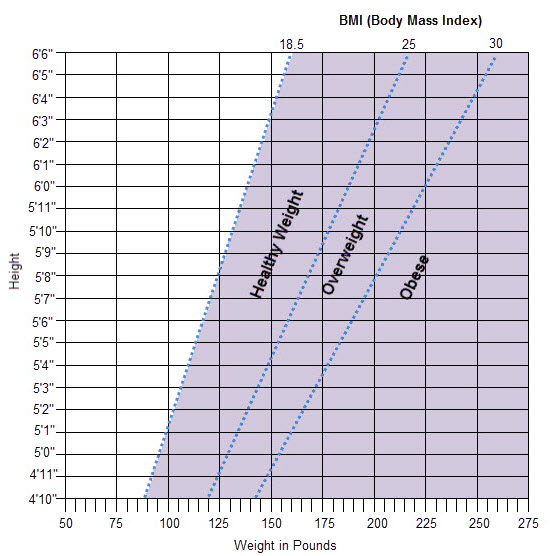Fast Food and Obesity
Did your research help you to understand obesity? Obesity Obesity is a condition in which a person weighs more than is considered healthy for his or her height. It is usually determined by body mass indexbody mass index, or BMI. If a person's BMI is over 30, that person is considered obese.

BMI numbers are calculated the same for children, teens, and adults, but the criteria used to determine a healthy weight is different. For children and teens, sex and age are taken into consideration because the amount of body fat changes with age and differs between boys and girls.
Three key factors contribute to overweight and obesity: genetics, lack of physical activity and high caloric intake.
Many fast food restaurants offer consumers food choices that are high in added sugar, salt, calories and fat. Portion sizes have also increased over the years, which have contributed to higher caloric intake. Fast food companies aggressively market their products, thereby increasing demand for potentially unhealthy food. You will look at these issues-nutritional content, portion size and marketing-in more depth in the next three activities.


